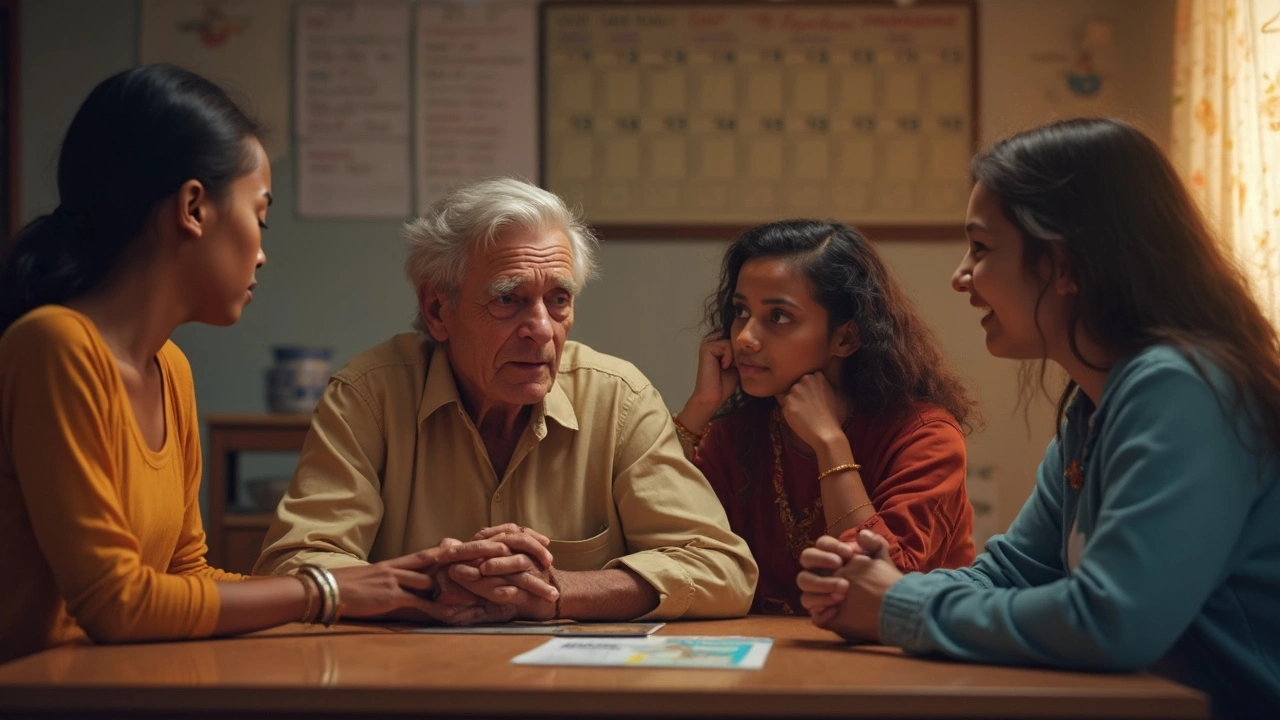Cancer Fear – What You Need to Know
When dealing with Cancer Fear, the intense anxiety that arises from the possibility of having or developing cancer, many people overlook how closely it ties to early detection, identifying cancer signs before they progress and the psychological impact, the emotional and mental strain that cancer worries create. Understanding cancer fear helps you spot how it colors the way you read cancer symptoms, physical cues that might signal disease and drives choices about screening, lifestyle, and support.
Why Early Detection Matters When Fear Is at Play
Fear can push you toward either avoidance or over‑testing. On one hand, anxiety may make someone skip routine check‑ups because the thought of a bad result feels unbearable. On the other, it can trigger demand for unnecessary scans, adding cost and stress without benefit. In India, studies show that people who balance fear with factual information are 40% more likely to attend recommended screenings for breast, cervical and oral cancers. The key is to turn fear into a motivator for timely early detection rather than a barrier. Recognizing common cancer symptoms—such as persistent lumps, unexplained weight loss, or changes in skin texture—gives you concrete signs to watch, cutting down the guesswork that fuels dread.
When you know what to look for, the mental load lightens. For example, a simple self‑exam for breast tissue once a month can turn a vague worry into a clear routine. Similarly, chewing tobacco is a major risk factor for oral cancer in the Indian subcontinent; swapping that habit and getting a yearly oral check‑up replaces fear with proactive care. By anchoring your actions to specific symptoms and screening schedules, you create a blueprint that limits the unknown—one of the biggest drivers of anxiety.
Beyond the physical, the psychological impact of cancer fear can ripple into everyday life. Persistent worry often shows up as sleep trouble, irritability, or difficulty concentrating at work. Those mental effects can, in turn, weaken immune function and make unhealthy coping habits like excessive alcohol consumption more tempting. Research published in 2023 linked high cancer‑related anxiety to a 15% drop in treatment adherence, underscoring how the mind and body are tightly coupled.
Breaking this cycle starts with acknowledging the fear and then giving it a purpose. Professional counseling, support groups, or even brief mindfulness exercises have been shown to reduce anxiety scores by up to 30% in patients awaiting diagnostic results. If you prefer self‑help, the framework of coping strategies, practical steps like journaling, breathing drills, and scheduled information breaks can be a game‑changer. The goal isn’t to eliminate fear—yes, that’s unrealistic—but to channel it into actions that improve health outcomes.
So what’s the next step? Start by writing down the specific cancer signs that concern you most, then match each sign with a clear action—whether it’s a doctor’s visit, a lifestyle tweak, or a trusted source of information. Pair that list with a simple stress‑busting habit, such as a five‑minute deep‑breathing routine each morning. Over time, you’ll notice the fear shrinking as confidence builds. Below, you’ll find a curated collection of articles that dive deeper into each of these areas—real‑world tips on detecting early signs, managing the mental load, and adopting healthy coping tools. Explore them to turn your cancer fear into informed, empowered action.
Most Feared Cancer: What Makes Pancreatic Cancer So Terrifying?
When people talk about the scariest types of cancer, pancreatic cancer comes up fast—often topping the list for patients and doctors. Its symptoms show up late, it spreads aggressively, and surviving it is much tougher than most cancers. This article digs into why pancreatic cancer is so feared, what early signs people miss, and what new treatments are on the horizon. You'll also find tips on lowering your risk and staying hopeful. Get ready for facts you won't forget—and advice you can actually use.
